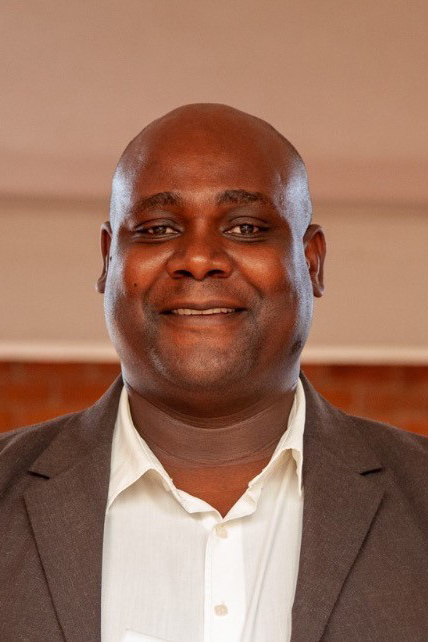Meet research fellow Dr Alexander Madanha Rusero

Dr Alexander Madanha Rusero started building his stellar research record only about 10 years ago, but the groundwork of his passion for international relations and community issues and how these link to health was laid when he was only a baby.
Born and bred in Highfield in Harare in Zimbabwe, Alexander’s family lived next to Dr Mark Chingono, the first Zimbabwean academic to teach at both Cambridge University and Oxford University and the man who inspired Alexander. “I was exposed to the world of academia – specifically politics, international relations and peace studies – at the tender age of five,” he says.
Highfield was also a source of fierce nationalist politics in the 1990s when Alexander was a child and he regularly witnessed violence. “I grew up being conscious about the rough township life, with poor people struggling to survive because of issues that can be linked to HIV/Aids, such as child-headed families, gender-based violence, shebeens and illicit brew as well as drug abuse.”
Fast-forward about 20 years to Alexander having obtained a PhD in International Relations from the University of Pretoria and 15 years’ experience in teaching international relations, politics and journalism at university level. His research areas of expertise are foreign policy and international relations of African states, African politics, journalism, political communication, health communication, decoloniality and epistemologies of the Global South. Alexander is currently working on two manuscripts entitled “Emerging discourses of international relations” and “Covid-19, Africa’s agency and political leadership”.
Linking up well with the Africa’s Centre multidisciplinary approach that acknowledges the inherent connections between health and other social, economic and developmental factors, Alexander’s focus as a research fellow at the centre for the next three years will cover a range of diverse but highly topical issues. These include health communication, climate change-induced health crises, national health budgets, sexually transmitted corruption, indigenous health knowledge systems, pandemics, natural disasters and the wellbeing of the affected people, media homophobia as well as media coverage and access to HIV- and Aids-related facilities for key populations.
According to Alexander, the value of his research is that it is more practical than desktop research: “It will help establish the missing link between health (including but not limited to HIV and Aids) and factors such as climate-change induced disasters, international relations, diplomacy and foreign policy, completing the circuit of multidisciplinarity.”
Alexander’s publication record is impressive: he has authored 12 academic textbooks, 10 book chapters and several peer-reviewed journal papers relating to democracy and human rights, international relations and foreign policy, as well as pan-Africanism and decoloniality. This includes being the the first Zimbabwean to pen a local textbook (in 2014) on news writing, which journalism training institutions in Zimbabwe still use. In addition, he was the lead researcher on international relations for the first-ever Africa Fact Book Project, commissioned by the African Union.
With so many achievements to his name at such a young age, what’s next for Alexander? “My dream is to build a skills vocational centre in my village – Maunga, in the eastern province of Manicaland – where young and poor people can access skills development courses for free so that they can earn a living.” Maunga is one of the poorest villages in Zimbabwe and many of the children have no education. “The centre will be named after my deceased mum, who raised and moulded me to be resilient, whatever the odds.”
